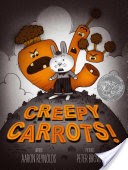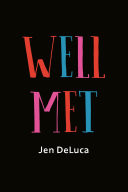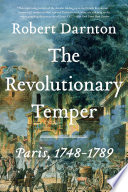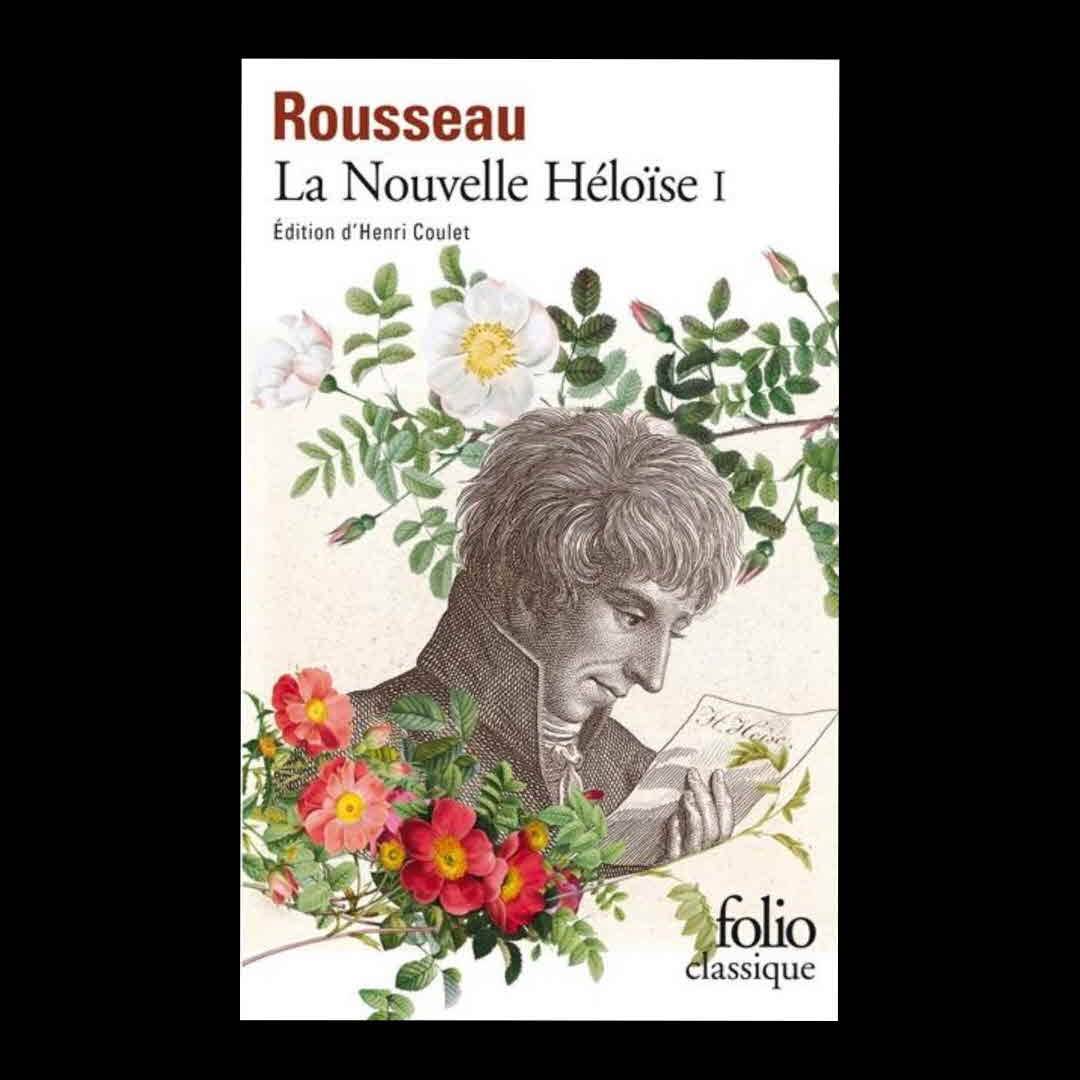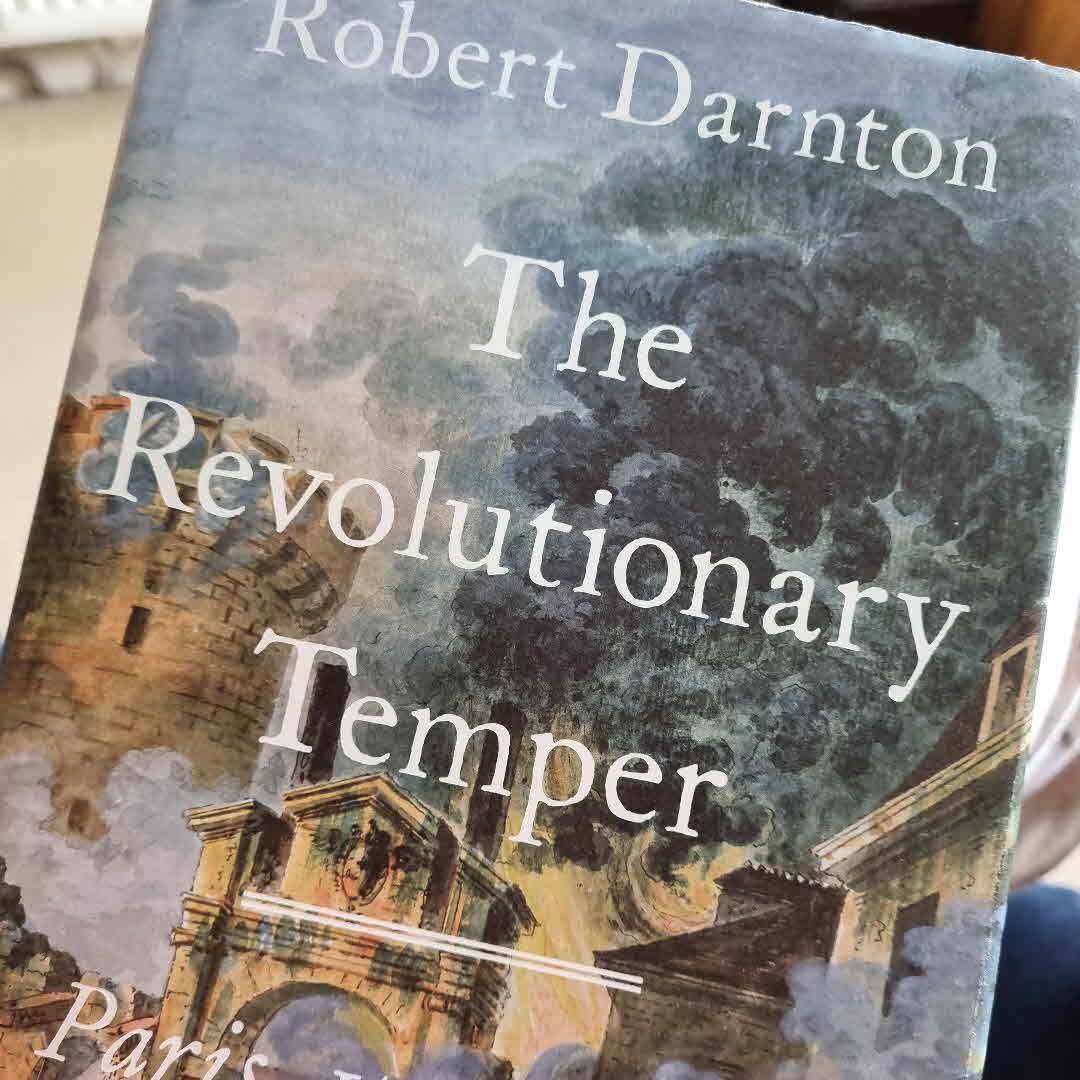
Not quite, AI, not quite... (prompt "Rousseau's cold remedy bottle")
.......
Of course, many earlier books, especially devotional tracts, had brought tears to the eyes of their readers, but La Nouvelle Héloïse released a flood: "tears," "sweet tears," "tears that are sweet," "delicious tears," "tears of tenderness." One reader sobbed so vehemently that he cured himself of a severe cold.







